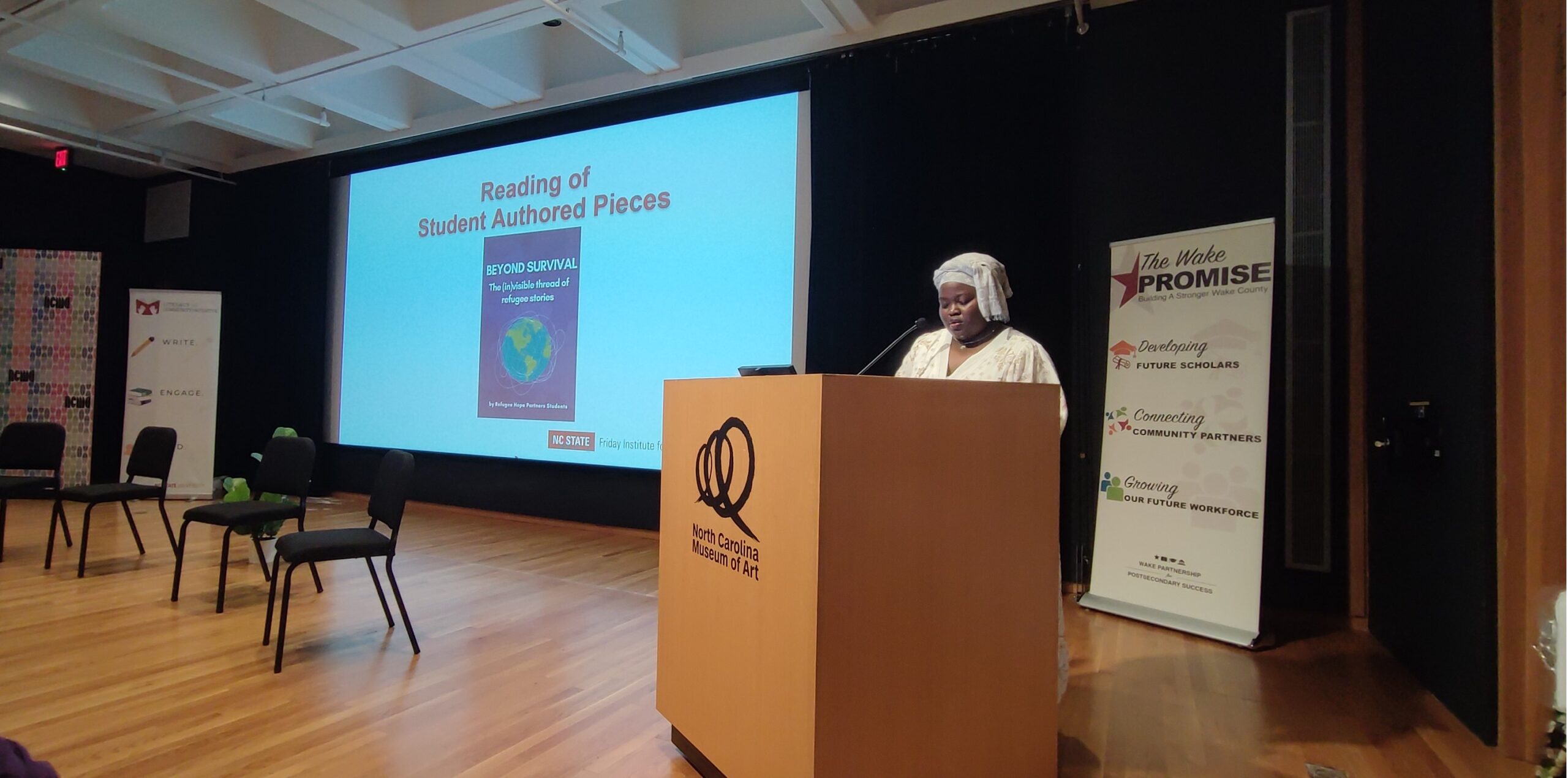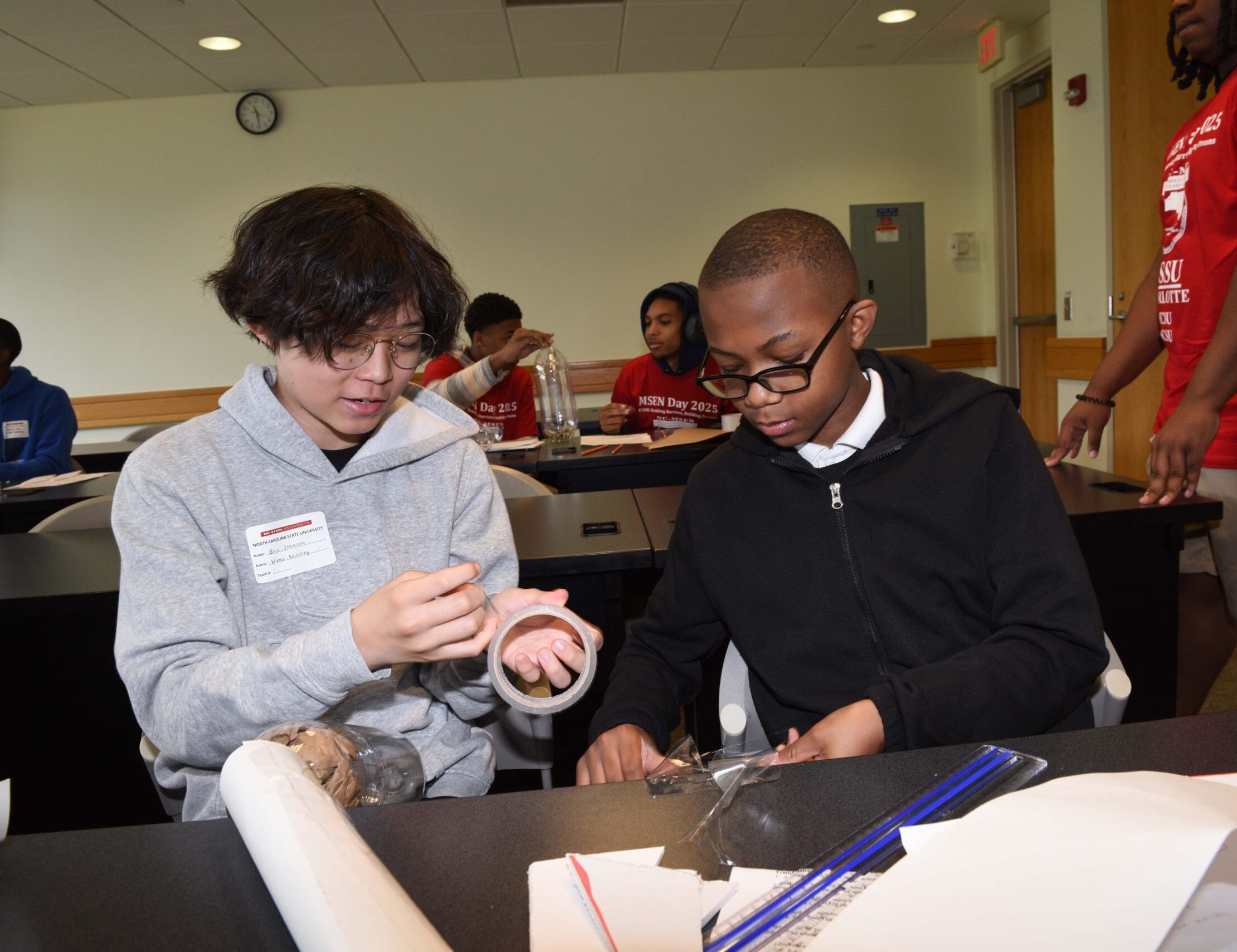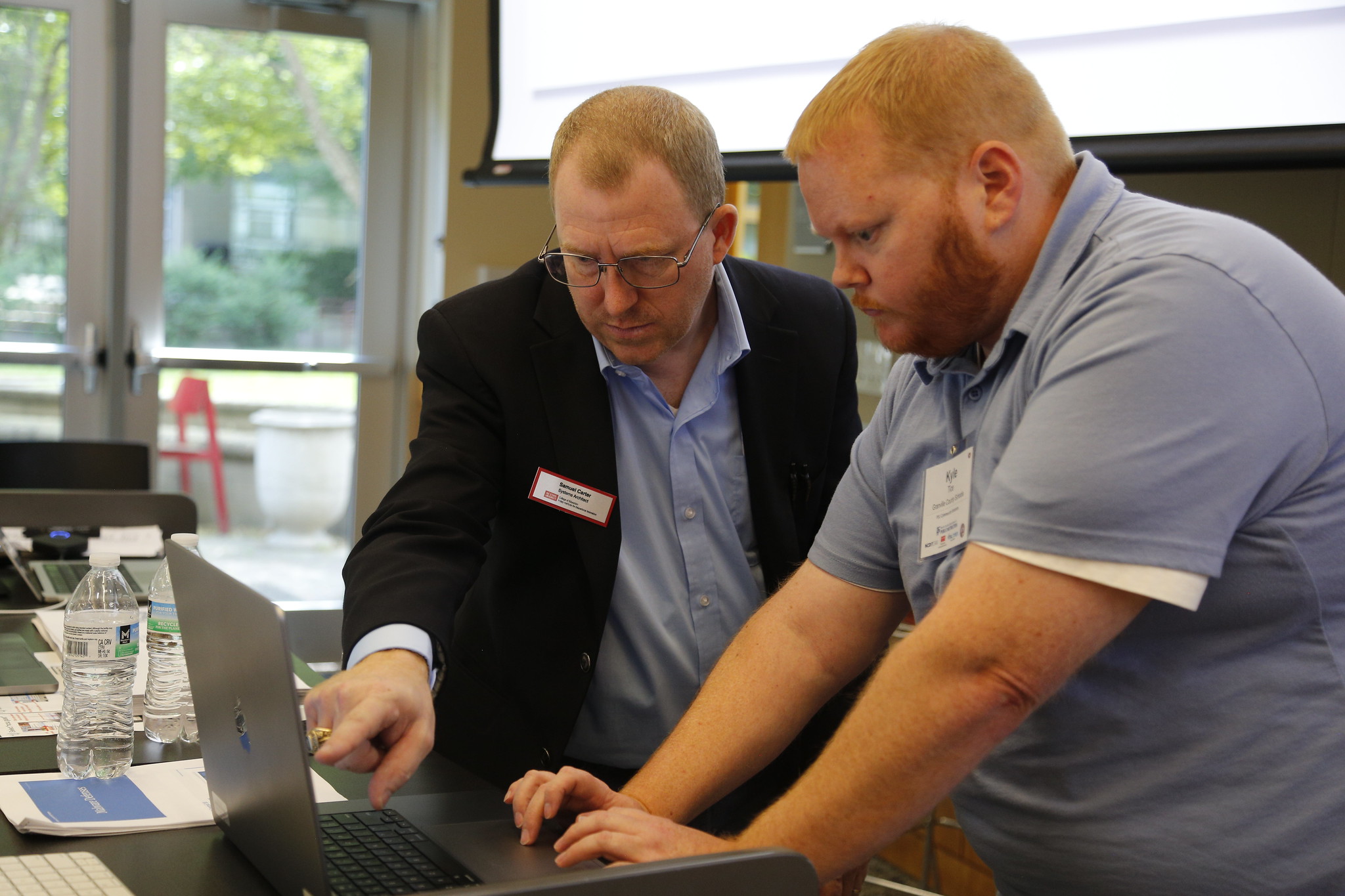Educators Come Together for Powerful NC PreK-12 Literacy and Equity Summit
“My challenge to myself and to you is that maybe instead of discussing the equity of literacy, we should discuss the literacy of equity. Do you know how to read the room? Do you know how to read your kids?”
This charge from New York Times best-selling author Jason Reynolds kicked off a full day’s worth of keynote and breakout sessions for the NC PreK-12 Literacy and Equity Summit. 834 educators and other stakeholders from across the state joined virtually to discuss the critical question: How do we transform our shared aspiration—that all NC students read on grade level—into action?
Reynolds shared his own childhood experiences as a young student struggling in language arts class – taking home a series of “Cs” on papers he wrote to delight and entertain his teacher. She pulled him aside and said, “I want to show you what I love about your work. You’re earning a C because you can’t follow directions. It doesn’t mean you’re not writing well.” She then explained that while she was committed to teaching him the science of language, he should know that it’s also an art. The next year, she started a creative writing course and invited Reynolds to be in her first class.
The rest was history.
“That teacher might have saved my life,” Reynolds shared. “We talk about equity in literacy. We want to create places to give voice to the voiceless. I challenge you to remember there’s no such thing as a voiceless child – only adults who have not developed ears.”
It was just one of many stories shared throughout the day that reminded attendees of the power of educators to change lives – and how books can serve as both a window and a mirror.
“A single book can at once be a mirror for one reader to see themselves and a window for another reader to learn about others,” shared EdNC reporter Rupen Fofaria in his introduction of Reynolds.
The event, sponsored by NC State University College of Education’s Friday Institute for Educational Innovation, the North Carolina Department of Public Instruction, EdNC, UNC System Literacy Fellows and the North Carolina Department of Health and Human Services, was held January 19, 2022. Friday Institute Executive Director Hiller Spires, Ph.D., and chair of the organizing committee, relayed a call to action for cross-sector stakeholders in attendance: “We envision an educational system in which race, ethnicity and economic circumstances are not predictors of a child’s literacy learning, nor their fulfillment in school and life,” emphasizing that engagement and cultural and racial representation are vital aspects of literacy instruction.
Catherine Truitt, North Carolina superintendent of public instruction, shared the state’s vision for early literacy and the coordinated efforts underway. Other educators and stakeholders participated in the event through breakout sessions, which included Future Educators: Nurturing Tomorrow’s Literacy Leaders and Advocates, Language Supports and Early Literacy Skills, A Textured Approach to Literacy Instruction, Supporting Adolescent Literacy: Accelerating Reading in the Secondary Classroom, among others.
Catherine Edmonds, Ed.D., deputy superintendent for the Office of Equity Education said, “Literacy and equity go hand-in-hand. It is important that we are able to support all students toward enriched literacy and life outcomes.”
Nicole Patton Terry, Ph.D., director of the Florida Center for Reading Research and Florida State University School of Teacher Education professor, and Dennis Davis, Ph.D., UNC System Literacy Fellow and NC State College of Education associate professor, co-led an afternoon keynote session on the science of reading and the importance of tapping into the body of research that improves literacy. Patton Terry reminded attendees that education remains one of the best chances we have for a more equitable society – especially for the most vulnerable among us – while Davis provided detailed information into research-based practices for aiding reading comprehension.
The event concluded with an impassioned speech from Juliana Urtubey, the 2021 National Teacher of the Year, to ensure every teacher creates what she calls “joyous and just” classrooms where students, and their families, feel a sense of belonging. She encouraged educators to recognize the linguistic giftedness of multilingual students, adding “I make sure I invite their brilliance and their gifts into our classroom community.”
Throughout the summit, select North Carolina students, teachers and superintendents were able to engage in panel discussions with keynote speakers. In an emotional moment, Montavious, a Durham Public School student, was able to share with Reynolds, “When I read your books, I see myself and reflect on my life. Your book is, like, made for us.”
Reynolds responded, “What inspires me, what gives me drive, is to write these stories that you, brother, like. I know you are in the world and I want you to know that. We all want to feel like there are books being written for us, like you said, that it feels like it was written for us because it was written for us. It was. I was thinking about you. I was thinking about what you would want to read.”
In addition to the 834 participants who attended the summit on January 19, more than 1,400 registrants have access to summit presentations through the online conference platform. The organizing committee will now analyze data from a statewide survey that was conducted in conjunction with the summit and that will contribute to a policy brief that will be disseminated to the public in the coming months.
- Categories:



